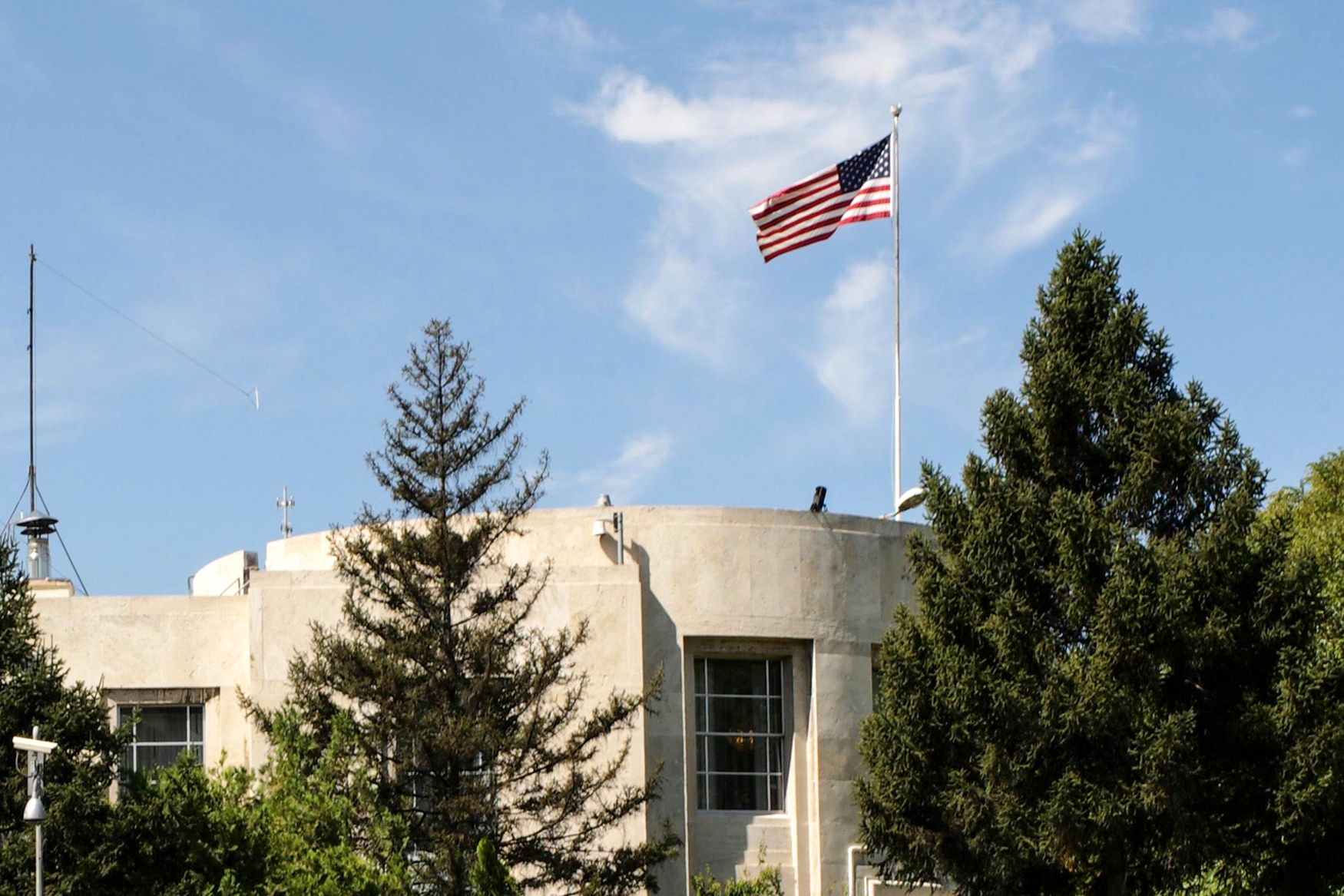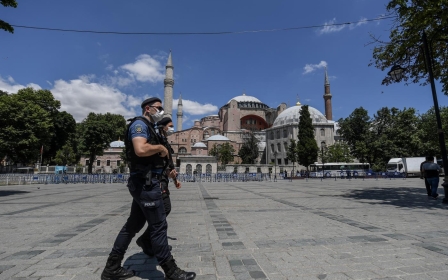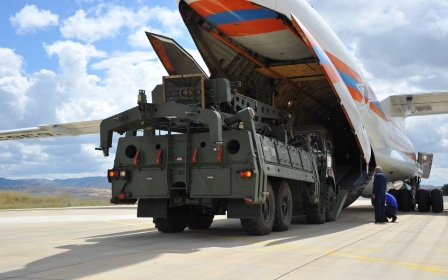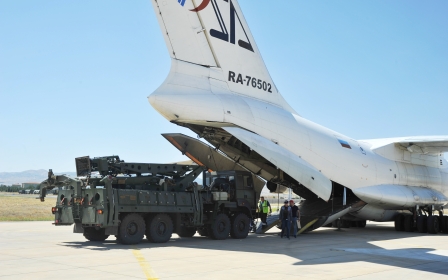US suspends embassy activity in Turkey after threat against its citizens

The US State Department has temporarily closed its embassy and consulates in Turkey after it received "credible reports" of potential attacks against US citizens in Istanbul.
In a statement issued on Friday, the State Department urged its citizens to exercise "heightened caution" and to avoid areas where foreigners are likely to gather.
"US citizens are advised to exercise heightened caution in locations where Americans or foreigners may gather, including large office buildings or shopping malls," read the statement.
The State Department also urged US citizens to "stay alert" and to "keep a low profile" following the threats.
The heightened threat level has led Washington to temporarily close its embassy in Ankara and consulates in Istanbul, Adana and Izmir.
It remains unclear how long the US intends to suspend operations in Turkey, or from where the threats originated.
Missile dispute
This latest move comes after Turkish President Erdogan confirmed Turkey had tested the Russian S-400 missile system.
Last week, Washington condemned Turkey over claims made in local media that it had tested the missiles near the Black Sea.
The US had threatened to impose sanctions on Turkey if it activated the Russian-bought S-400 missiles.
Ankara's decision to purchase and test the S-400 could further strain Turkey's relationship with other Nato allies.
Following the delivery of the first battery of missiles last year, the Trump administration excluded Turkey from an F-35 fighter jet training programme, due to fears that the S-400 could be used to gather data on the capabilities of the F-35, and that the information could end up in Russian hands.
Ankara lamented its exclusion and said Washington was going against the spirit of the Nato alliance. It also described the purchase of the missiles as a matter of national sovereignty.
Middle East Eye propose une couverture et une analyse indépendantes et incomparables du Moyen-Orient, de l’Afrique du Nord et d’autres régions du monde. Pour en savoir plus sur la reprise de ce contenu et les frais qui s’appliquent, veuillez remplir ce formulaire [en anglais]. Pour en savoir plus sur MEE, cliquez ici [en anglais].




